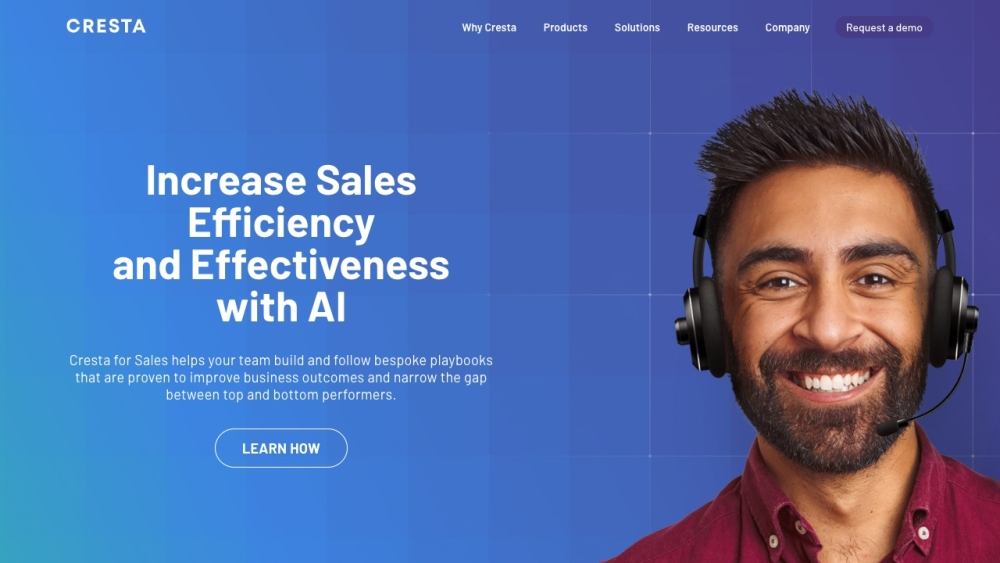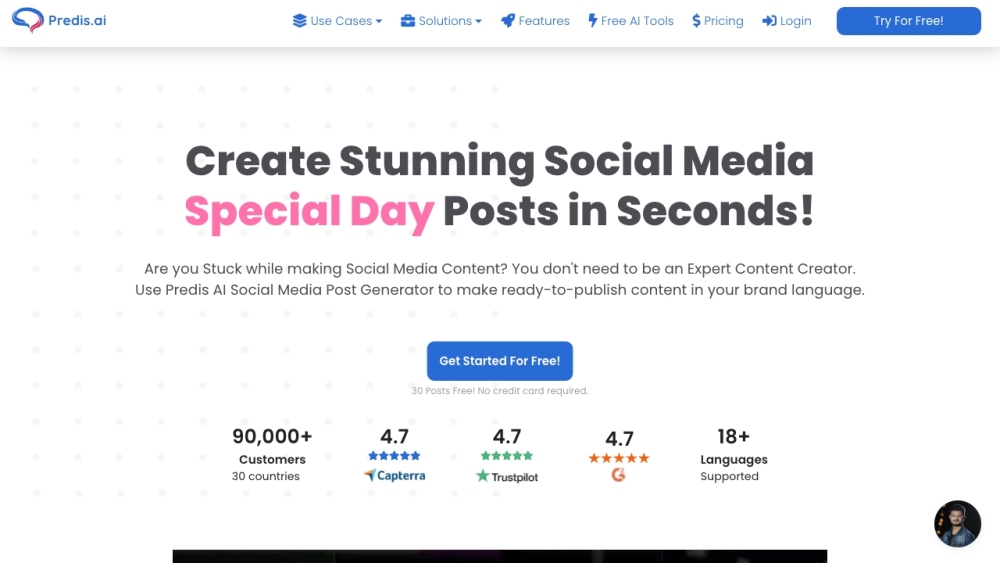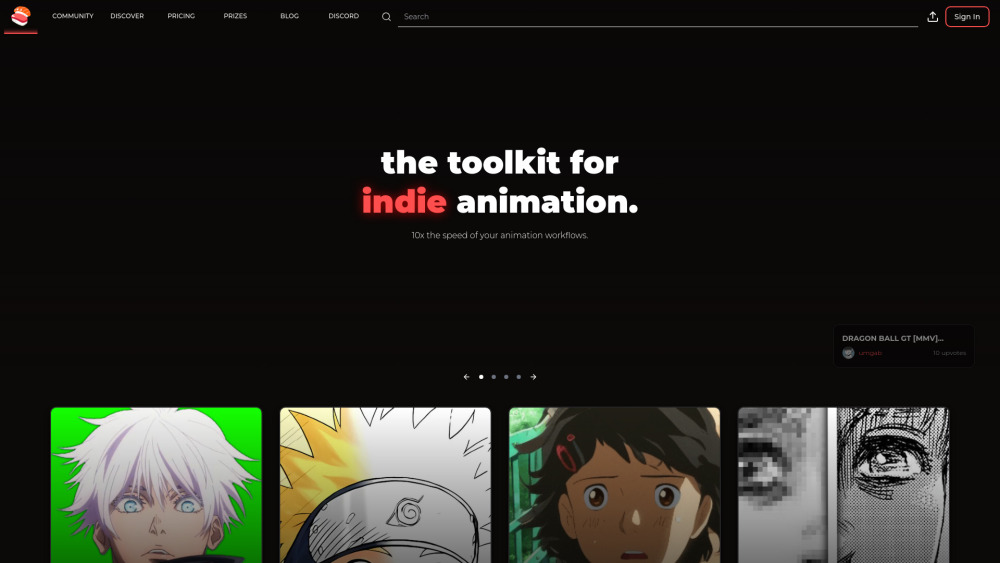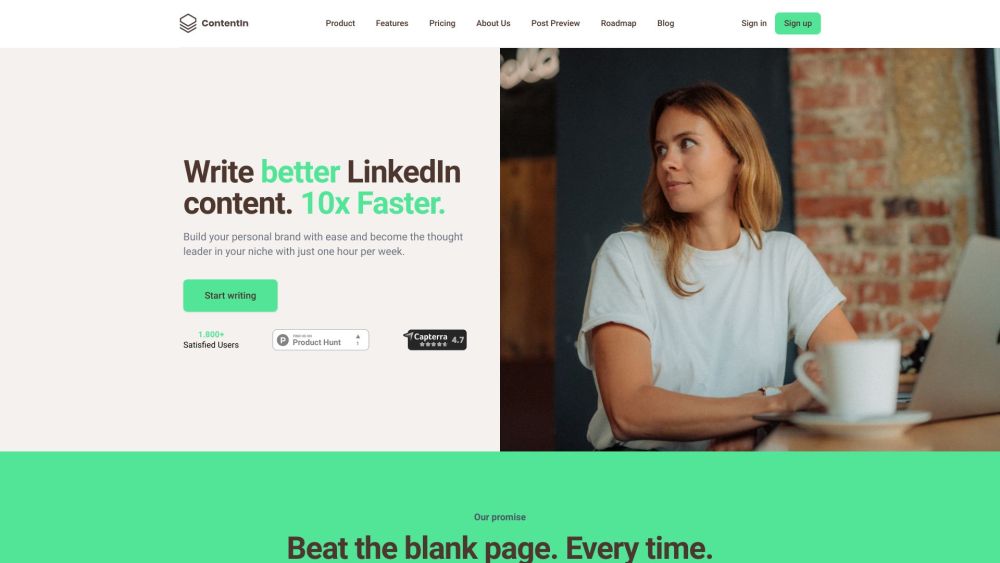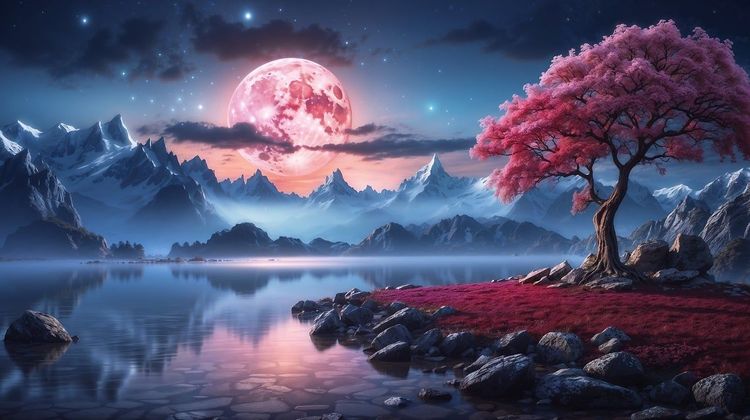As AI startups flourish and Nvidia's market capitalization rises, data owners are increasingly acknowledging the significant value of their information. Recently, Reddit issued copyright infringement warnings to AI search crawlers, while major music labels—Sony Music, Universal Music, and Warner Music—jointly sued AI companies Suno and Udio. They accuse these companies of using copyrighted content to train music-generating AI, with potential claims reaching $150,000 per song.
YouTube is also in talks with record labels to acquire song copyrights, aiming to enable AI tools to replicate popular music. Reports suggest that YouTube is offering cash incentives to major labels in an effort to gain support for AI training uses of their music. Unlike streaming services such as Spotify and Apple Music, which operate on royalty-based agreements, YouTube's approach favors one-time fees for music rights, reminiscent of social media platforms.
Record labels are particularly sensitive to AI-generated music due to the unique nature of musical creation. While the mathematical permutations of melodies are vast, the combinations that resonate with audiences are more confined. Many appealing melodies were conceptualized during the late Romantic period (approximately 1850-1910), leading to a perception that the pool of innovative compositions is shallow. The decline of classical music reflects this exhaustion of the most striking melodies, making it challenging for new composers to rise above established works.
Contemporary popular music often lacks harmonic diversity, constraining artistic creativity. Most commercial music operates within a two-octave range, relying heavily on major and minor scales. Popular chord progressions such as "4536251" and "1451" dominate, resulting in a slew of tracks that sound remarkably similar—often referred to as "TikTok hits." To maintain uniqueness, many artists feel the need to resist commercial pressures.
Before the rise of AI-generated content (AIGC) in music, sampling had already contributed to a homogenization of the genre, leading to commonplace similarities among pop songs. This environment presents a low ceiling for commercially viable pop music. Consequently, AI threatens to produce an abundance of catchy tracks in a short time, potentially stifling the creative space for human artists.
For record companies, mainstream pop is a vital revenue stream, prompting them to mitigate the potential complexity AIGC introduces in music creation. Lawsuits from labels like Sony underscore the concern that companies such as Suno and Udio are creating music without permission, thereby developing AI systems that compete directly with human artists and devalue their contributions.
The emergence of AI music tools enables individuals without formal training to easily compose commercially viable music. For instance, Suno AI allows users to generate music across various "scenarios," "emotions," and "genres" using existing data. By providing a song description or custom lyrics, users can create complete songs with vocals and melodies.
As AI lowers barriers to music creation, traditional record labels face significant challenges, jeopardizing their competitive edge. Haunted by the impact of platforms like Napster on physical sales in the late '90s, record companies are reluctant to let companies like Suno disrupt the industry further. Unless YouTube commits substantial financial resources, record labels are unlikely to relinquish control over music rights.
Looking forward, a cat-and-mouse dynamic between AI companies and record labels appears inevitable. Even if AI firms employ innovative methods to access music data while sidestepping copyright obligations, record labels are expected to respond with legal action against such practices.
